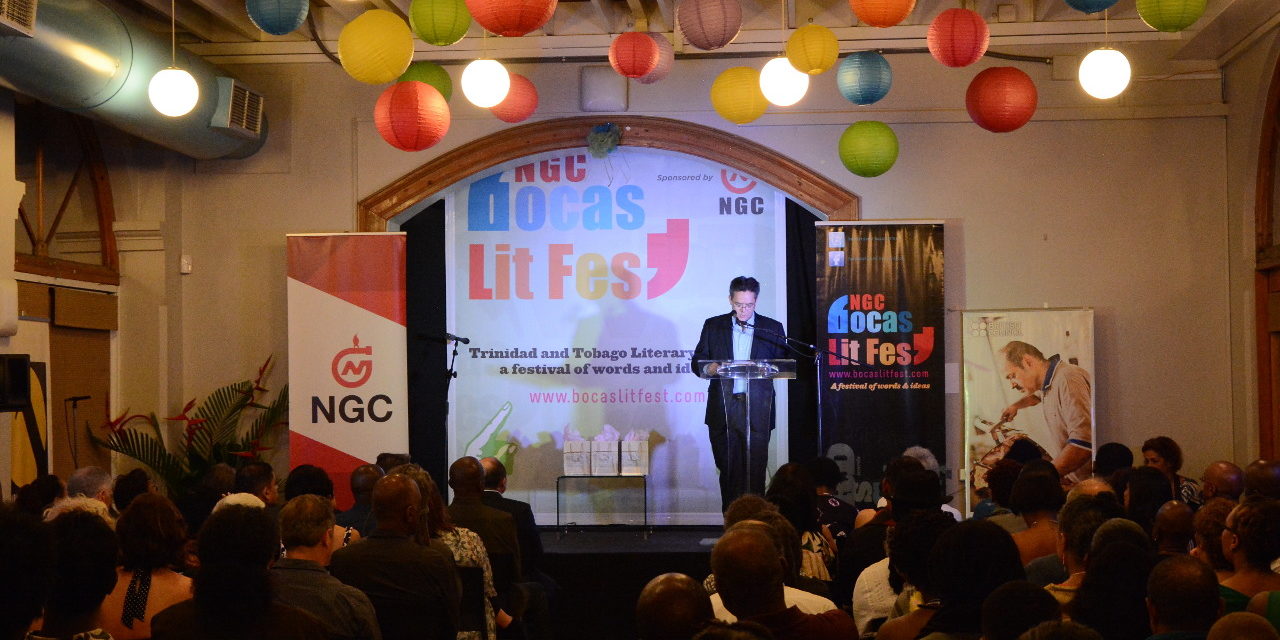Old Fire Station, PoS, 4th May, 2019: Remarks by Mark Loquan, President, NGC
“Let me tell you a story.”
Have you ever noticed how immediately you can grab someone’s attention with those words? How bodies turn instinctively toward you and eyes widen in expectation? Why does the promise of a story elicit this reaction?
Perhaps it is born of curiosity, a love of intrigue, escapism, or a biological tendency toward vicarious learning. Whatever the science behind it, our gravitation to narratives and storytelling makes this medium a powerful and effective one for communication and instruction. Studies have shown that people listening to well-told stories experience brain activity in the same regions as those telling the stories. The implication is that a good story–whether truth or fiction, told through a novel, poetry or even an academic dissertation – can enable people with no connection to the subject matter to feel just as emotionally involved with it as the author. Stories can in this way build empathy, compassion and awareness around realities other than our own.
Ladies and gentlemen, you would agree that much of the discord in the world today can be overcome with more empathy, compassion and awareness.
If we grant that stories can open our minds and create bonds across the differences that divide us, then the people who tell those stories have the power to effect positive social change.





